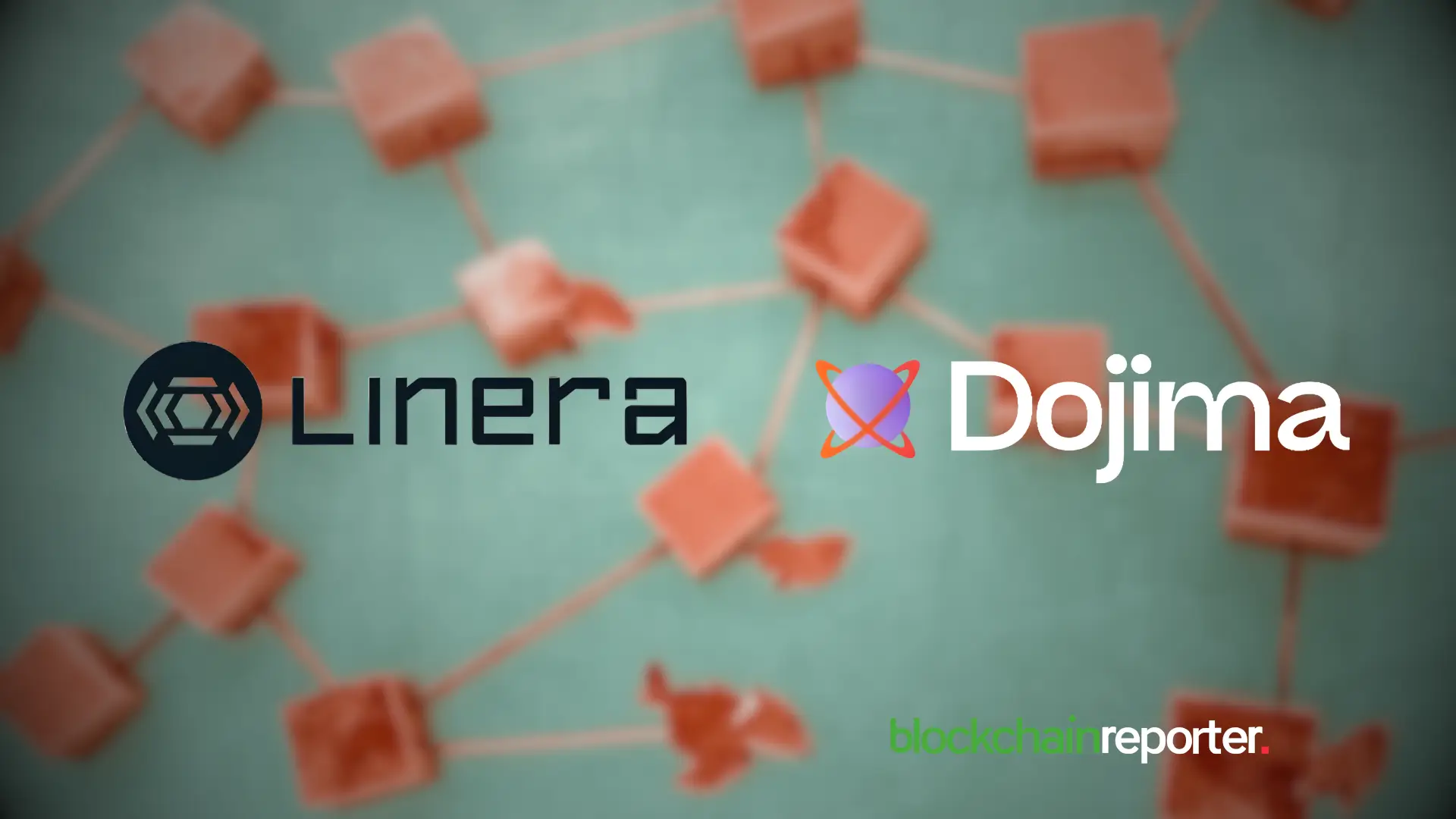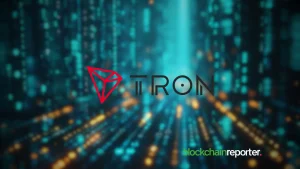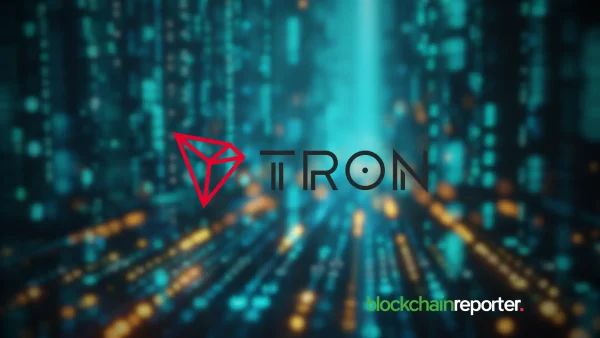
- Dojima Network partners with Linera, the first L1 blockchain for hyper-connected, real-time applications.
- The strategic partnership aims to enhance the composability and interconnectivity of Web3 apps.
- In addition to the partnership, Dojima also unveiled its latest innovation, Omni Rollups.
Dojima Foundation, the team behind the creation of Dojima Network, announced its partnership with Linera, a Layer 1 blockchain that optimizes real-time applications. The strategic partnership aims to combine the innovations of the two parties – mainly Omnichain Web by Dojima and microchains by Linera – to enhance Web3 composability and bridge the gap between Web 2.0 and Web3 development.
As announced this week, the partners will launch a service on Dojima’s Builder Marketplace, a seamless and fully composable application layer empowering developers to scale and connect Web3 applications across multiple networks. The service will enable Dojima Network to support high-speed decentralized applications across all major L1 and L2 blockchains.
According to Akhil Reddy, CEO at Dojima, the service will allow developers to build futuristic applications that eliminate fragmentation and throughput issues of blockchain networks. Speaking on the partnership with Linera, Reddy said:
“The Omnichain Web has always been about eliminating fragmentation and enabling a unified blockchain experience. By integrating Linera’s microchain architecture into our ecosystem, we’re unlocking the ability to build truly composable, omni-chain applications with Web2-like responsiveness.”
The service will integrate Linera’s microchains to simplify the deployment of modular applications – especially those that require real-time execution and trustless composability – including gaming, NFTs, enterprise, and interoperability applications.
Hyper-Connective Real-Time Applications on Dojima
Launched in 2021, Linera pioneers the world of hyper-connected, real-time applications. The platform empowers users with globally accessible, decentralized technology that unlocks real-time on-chain experience and simplifies interoperability across blockchains and off-chain services.
To enhance interoperability, scalability and speed, the platform offers microchains, which allow for high-speed, composable, and modular execution without compromising decentralization. The microchains ensure seamless cross-chain interactions without relying on inefficient bridges.
Following the partnership, Dojima Network will enhance its omnichain infrastructure by providing a scalable communication layer for omni applications, omni solvers, and omni rollups (a recently launched innovation by Dojima). According to the team statement, the introduction of microchain technology will help reduce the friction between Web2 and Web3 applications.
“At Linera, we believe the future of Web3 lies in real-time, user-centric applications that can scale effortlessly without compromising on decentralization,” Mathieu Baudet, CEO at Linera, stated. “Our collaboration with Dojima brings together the best of both worlds: high-speed execution and seamless cross-chain interoperability.”
In addition to higher speeds and enhanced composability, microchains will also allow real-time interactions and efficient state management, both of which are critical for Dojima’s vision of an interconnected blockchain future. This will enhance the development of applications that span the Web 2.0 and Web 3.0 ecosystems, unlocking a new generation of modular applications.
Unveiling Omni Rollups
Along with the partnership announcement, Dojima also announced the launch of the Omni Rollups, one of the key components in the Omnichain Web infrastructure. The Rollups will combine the speed and performance of Web 2.0 with Web 3.0’s dectralization and security to enable multichain settlements and state management. This results in a universal execution environment that eliminates blockchain fragmentation.
The partnership between Dojima and Linera will also include the development of a modular composability framework that empowers developers and enterprises to create applications that aren’t constrained by blockchain limitations, such as speed or throughput. Lastly, the framework will support a new wave of omni applications, omni solvers, and omni rollups that are fast, flexible, and fully interoperable, reducing friction between Web 2 and Web3.









